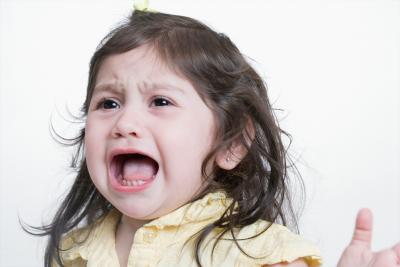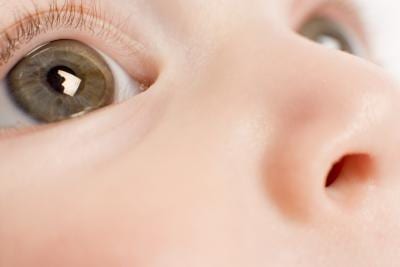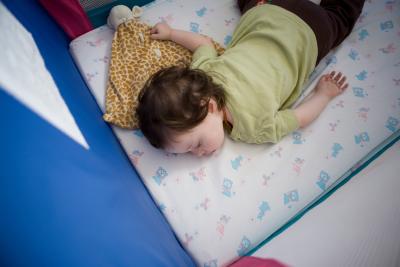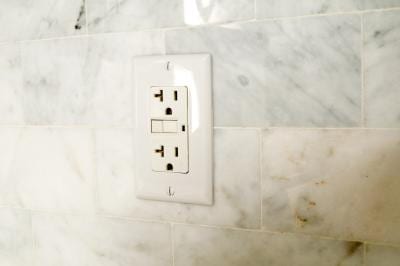Behavioral Problems in Preschool Children
Parents can have a better idea of whether a child’s behavior is normal if they know what to expect. Since not all children are predictable and easy going, what defines normal childhood behavior varies and depends on a child’s age, developmental stage and own personality. Behavioral problems among preschoolers may involve long-lasting temper tantrums, disruptive behavior or both physical and verbal aggression.
How to Get a Baby to Wear Glasses
Glasses can help a child develop normal vision as she grows. Therefore, the American Academy of Ophthalmology recommends that all babies have their eyes examined between the age of 6 months and 1 year. In some cases, a child may need her first pair of glasses when she is only a few months old. Parents shouldn’t worry, though, as even infants and toddlers will wear eyeglasses without much trouble once they realize how much better they can see.
Toddler Sleep Disorders
A toddler’s sleep problems may not necessarily be due to a physiological disorder. In fact, a child is more likely to have a difficult time sleeping when a regular bedtime routine is not followed. Many infants and young toddlers simply need time to develop a good sleeping pattern. Because toddlers continue to spend more time in light REM sleep than older children, they tend to wake more often through the night.
Electrical Safety for Kids
The National Safety Council reports that preventable injuries and deaths are on the increase in homes across America, with potential electrical hazards found in every home. Many electrical hazards, which can cause serious injury or even death, are the cause of childhood accidents. To protect your child’s well-being, it’s important to identify safety hazards in and around your home.
Children and Fever Medications
A fever is the body’s way of fighting off infection. In most cases, fever is a normal response and is not dangerous. When a child is sick, his immune system releases chemicals that increase the body temperature. Infants and children sometimes run a fever after getting immunizations. Low-grade fevers can usually treated effectively at home with over-the-counter (OTC) medications. Consult with your child’s doctor for the best way to bring down a fever.





